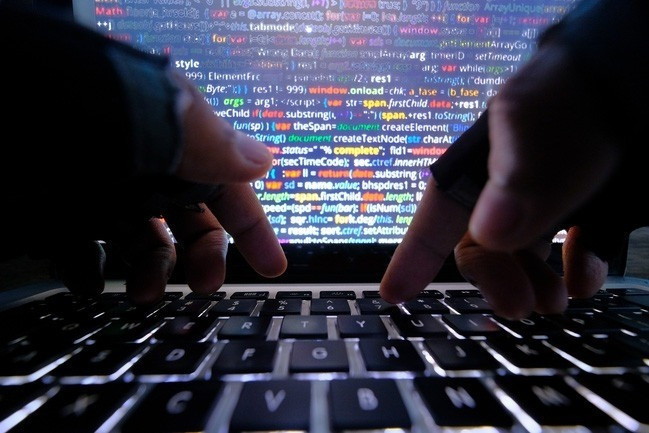
Cyber threats such as ransomware, information spoofing, and targeted attacks continue to escalate in both frequency and sophistication. Cybercriminals often exploit lapses in security practices to carry out their attacks.
In a mid-March 2025 report, experts from Viettel Cyber Security warned that organizations need to remain vigilant and prepare for emerging cyberattack trends, including:
The use of artificial intelligence (AI) to launch complex attacks.
The rise of Ransomware-as-a-Service (RaaS), making ransomware attacks more accessible.
The increasing focus on IoT and blockchain as new targets.
The growth of fileless attacks that are harder to detect and mitigate.
According to Viettel Cyber Security, hackers are likely to exploit AI technologies to develop stealthy malware and launch convincing voice, image, and video spoofing campaigns. Additionally, ransomware attacks will continue to evolve, incorporating more advanced encryption techniques.
Experts also predict that fileless attacks — where malware runs directly on system RAM or utilizes built-in tools like PowerShell — will become more prevalent. This trend makes detection and response significantly more challenging.
The National Cyber Security Association (NCA) has projected that Vietnam will continue to face severe cybersecurity challenges in 2025, particularly with the increased occurrence of economic, political, and diplomatic events. Threats such as espionage, disruption, and ransomware are expected to become even more sophisticated and widespread.
The evolving threat landscape: AI and quantum challenges
The NCA also foresees that AI-enhanced attacks will significantly increase vulnerability exploitation, especially in critical infrastructure.
Moreover, the development of supercomputers and quantum chips introduces both opportunities and challenges, especially concerning encryption algorithm security.
“The rising value of cryptocurrencies could lead to an increase in cyber theft, including attacks targeting digital wallets, exchanges, and ransomware payments made via cryptocurrency,” noted an NCA expert.
Enhancing cybersecurity readiness
Speaking to VietNamNet, Vu Ngoc Son, Chief Technology Officer at NCA, stressed that in the face of mounting challenges, organizations need to invest in advanced security technologies.
Integrating AI and threat intelligence into cybersecurity operations will enable early detection and faster response to threats.
Nguyen Van Quan, Deputy Head of Technical Division at VNCS, emphasized the importance of incident response planning, risk management, and close coordination with authorities.
Organizations should develop comprehensive incident response scenarios and allocate dedicated resources for system protection.
Five strategic priorities for cyber resilience
Experts from Viettel Cyber Security recommended that businesses and organizations focus on the following five key areas:
Continuous monitoring and incident response: Implement 24/7 cybersecurity monitoring using tools like Threat Intelligence, Endpoint Detection and Response (EDR), and Network Security Monitoring (NSM) to detect and respond to threats in real-time.
Modern governance model: Apply zero-trust principles to IT and OT infrastructure, manage privileged accounts strictly, and separate IT and operational networks to minimize attack risks.
Regular vulnerability management: Conduct periodic assessments, prioritize critical vulnerability patching, and manage risks stemming from supply chain partners.
Investing in advanced security technologies: Adopt solutions like External Attack Surface Management (EASM), Security Operations Centers (SOC), and DDoS mitigation techniques to safeguard information assets.
Building a security-aware culture: Regularly train employees on cybersecurity awareness, conduct incident response drills, and establish strict access control policies following the principle of least privilege.
Implementing these strategic measures will help organizations mitigate the impact of cyberattacks, ensuring business continuity and minimizing risks related to data security, according to Viettel Cyber Security experts.
Van Anh